Sleep Disorders And Mental Health
We see Sleep disorders most commonly in individuals who have stress and an improper work-life balance. There is no specific age and gender for this condition as everyone is prone to having these sleep disorders.
Since it is a common condition, many people do not consider it a serious health condition; thus, it results in severe health problems, mainly affecting mental health. To discuss how sleep disorders affect mental health, let’s know more about sleep disorders.
What Are Sleeping Disorders?
Sleep disorders are a group of conditions that interfere with an individual’s ability to sleep in a calm and relaxed manner. These conditions have various causes, including biological, sociological, psychological factors, various medical conditions, and mental health conditions.
Insomnia is one of the most common sleep disorders in which individuals have difficulty falling or staying asleep.
What Are The Causes And Symptoms Of Insomnia?
Insomnia causes severe daytime fatigue and irritability, resulting in loss of focus, concentration, and attention span. It can also affect mood and overall quality of life.
If you have insomnia you will encounter some of the major symptoms such as trouble falling asleep or staying asleep. We also call it primary insomnia.
When you have secondary insomnia, you will see some symptoms such as daytime fatigue, excessive daytime sleepiness, poor concentration, etc.
- Sleep disorders include insomnia, hypersomnia, sleep apnea, narcolepsy, restless legs syndrome, etc., as follows –
- 1. Sleep Insomnia
In sleep insomnia, you will find the inability to fall asleep or stay asleep for the required time. The person may have difficulty sleeping and waking up considerably earlier than usual. - 2. Hypersomnia
Extreme daytime sleepiness and the inability to stay awake during the day will make it difficult for individuals to cope with day-to-day tasks and manage their duties. - 3. Narcolepsy
It is characterized by overwhelming daytime drowsiness and sudden sleep attacks, making it difficult to stay awake for a longer time and disturbing daytime activities. - 4. Sleep Apnea
In this condition, individuals have trouble breathing during sleep, like abnormal respiratory patterns in which they cease breathing for 10 seconds or more, accompanied by snoring. - 5. Restless leg syndrome
In this condition, the individual has an irresistible impulse to move their legs, which causes a tingling or prickly sensation in their legs, which leads to forceful leg movement. - 6. Circadian Rhythm disorder
It is also known as the sleep-wake cycle, which occurs when individuals have issues with the sleep-wake cycle. It happens when the body’s internal clock says it’s time to sleep but is out of sync with your environment. - 7. Parasomnias
These are called disruptive sleep-related disorders, characterized by abnormal sleepwalks, talk, emotions, and actions the individual performs while sleeping. - 8. Enuresis
It is the most common sleep disorder in children, including involuntary urination during sleeping. It is also called bed-wetting - 9. Sleep Bruxism
It is a condition in which individuals grind, gnash or clench their teeth during sleep and mostly ours when you are awake.
How Can Sleep Disorders Affect Mental Health?
Sleep disorders are usually accompanied by mental health issues such as anxiety, depression, and other conditions, including bipolar disorder. They can negatively affect an individual’s life and make it difficult to work efficiently. Sleep disorders are caused by various factors that include poor sleep hygiene, poor work-life balance, insufficient sleep, early night-time awakening by an individual, etc. Individuals need to take the help of a professional before becoming serious about the disorder.
Psychotherapy Services For Sleep Disorders
Sleep disorders can be challenging to cope with the problem, and the condition may worsen if left untreated. For individuals suffering from this issue, sleep disorder psychotherapy services are available to help them overcome the problem.
Psychotherapy Partners MN is a psychotherapy service provider that helps individuals overcome sleeping disorders through cognitive behavioral therapy, hypnotherapy, neuro-linguistic programming, and other methods.
If you want to schedule an appointment for a psychotherapy session for sleep disorders, contact 612-886-6112 or mail to info@ptpmn.org

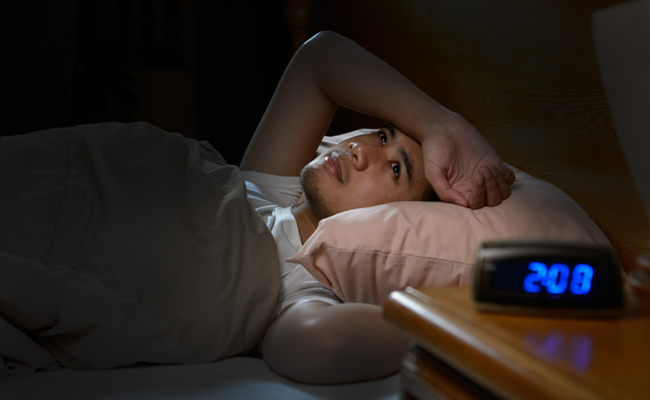

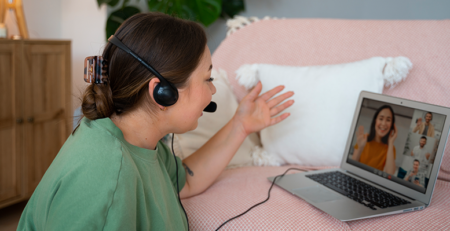


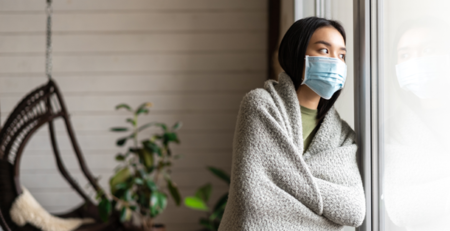

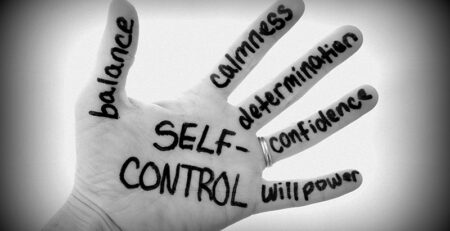
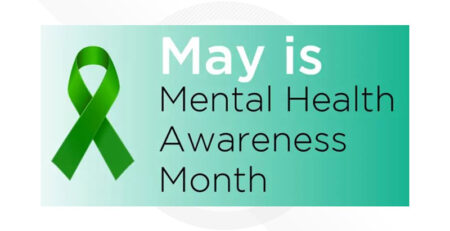

Leave a Reply